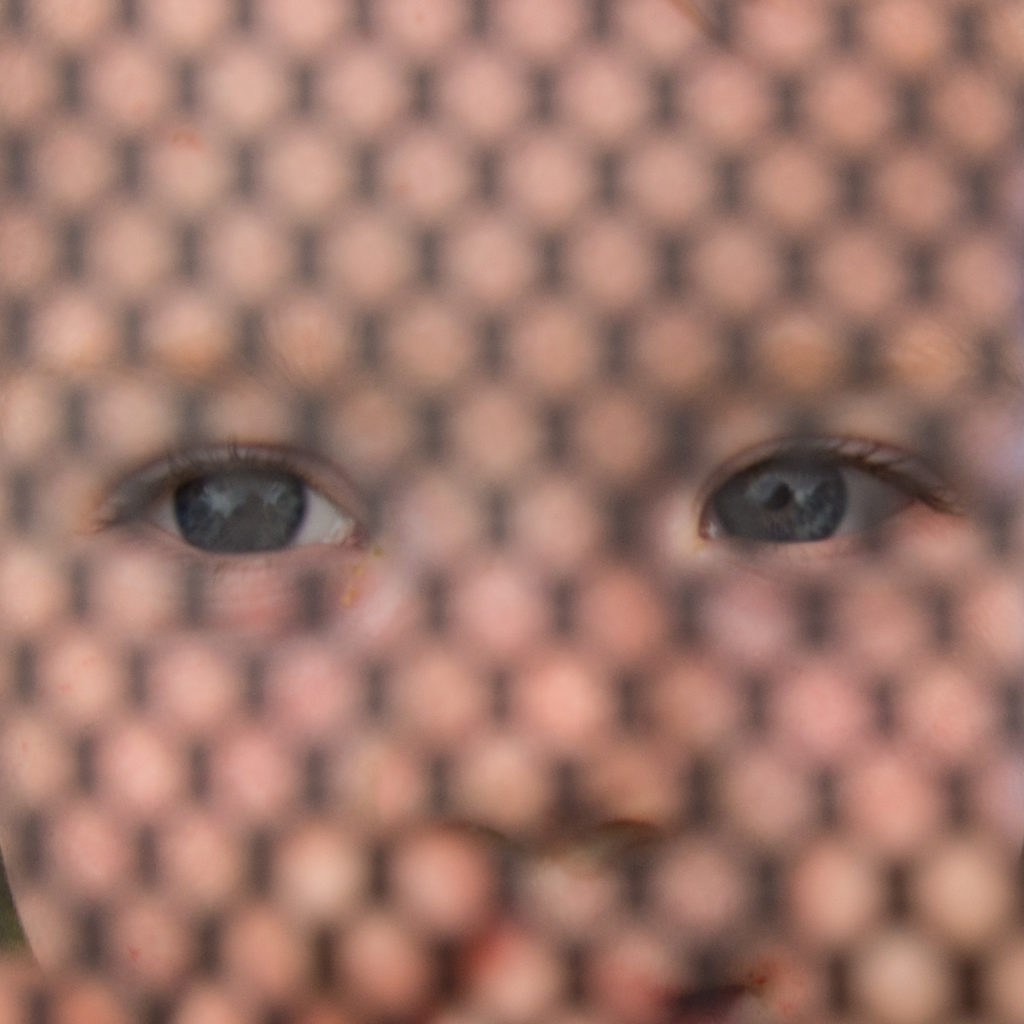I was educated amidst resentments. Equality was a threat to the more equal and in Ireland, the more equal folk had a code word for denigrating the less equal. The code word was and is ‘begrudgery’. I grew up scared that begrudgery would undo society while the more-equal missed the point entirely.
Begrudgery is all about identifying resentment. It is resentment but it is also a pejorative term for the alleged resentful. And I wonder if begrudgery could itself go pandemic to become the single biggest threat after Covid-19.

2016 Bouncy Castle 
2013 three day old clasp 
2016 Third Birthday Cake 
2003 Harefield Swans 
2010 Inukchuk Tableau 
2010 Inukchuk Wave
The way things are going today, I worry that the refugee crises of the past might pale into insignificance. The threat of the crisis could become sufficient justification to close borders to people but not to essentials like bananas or rice or oil or cocaine. But it would be said to be caused by the perceived masses of resentful. Slogan driven ‘Not our fault’ ‘Protecting our healthcare’ ‘Hands off our jobs’.
In short, the real cost of the pandemic may be a looming humanitarian disaster. In Ireland back in 1999, our leaders created Direct Provision, a system of accommodation for asylum seekers. The government describes it as ‘a means of meeting the basic needs of food and shelter for asylum seekers directly while their claims for refugee status are being processed rather than through full cash payments.’
There is nothing smart about direct provision; specifics are not described, there are no metrics for evaluating success, what is to be achieved is not described, it may be politically relevant yet there are no time constraints. As I said, not SMART. Specific, Measurable Achievable, Relevant and Timely were some of the metrics used in my last employer’s annual evaluations as a way to enhance and assess performance management.
The lack of clarity in Direct Provision invites abuses that transcend the loss of human rights. Statelessness is powerlessness.I read that the average length of stay in Direct Provision is two years. Some spend twelve years in this limbo.
The memory of pandemic might accompany the Age of Xenophobia. It might be shortened to AX, a cleaving of cooperation that led to deeper recessions and increased international tensions.
You could hear social ignorance in dinner table conversations where wealthy people would vie for supremacy in verbal battles based on who found the biggest supermarket discounts on bread or milk or butter. Counter arguing that it cost more in time or fuel was to earn looks of incomprehension. The discounts were something discussed at every family table, after all. Supermarket prudence might morph into exchanges of ski-slope queue-jumping stories rather than how to turn off the pilot light to save money on the gas.
Looking after the cents might well save euros but spending the cents might save lives by keeping cash in circulation.
Tim Harford published an interesting read on risk perception recently. As has been said to me recently, ‘I’ve seen you climb a ladder to trim the hedge despite having blogged in public that same day about the perception of risk’.
Harford concluded by writing that ‘our disparate perceptions of risk are creating a social minefield. To answer my original question: some of us are blowing the risk out of all proportion, some of us are not frightened enough. But all of us are going to have find a way to forge ahead together.’
I might replace some words and write:
‘But our disparate perceptions of risk are creating a political minefield. To answer my original question: some politicians are blowing the risk out of all proportion, some leaders are not frightened enough. But all of us are going to have find a way to forge ahead together.’
Social scientist Alexander Betts gave a fascinating TED talk immediately after the Brexit vote. He’d not expected the result but it turned out that he’d hardly ever visited the places that voted to leave. He noted that racism and xenophobia took to the streets during and after the debate. He argued that the referendum followed the divide between those that fear globalisation and those that embrace it. The big point, for me at least, was that the liberal internationalists cannot be passive any more.
‘The spectre of Brexit is in all of our societies … We urgently need a new vision.’ Betts said that in June 2016.
He proposed a four point agenda as the platform for an inclusive debate:
- reclamation of truth and evidence
- active management to increase tolerance for immigrants
- a sharing of the benefits of globalisation
- all driven by more responsible politics
As he said, ‘polarised societies are far less tolerant of globalisation … what we see around the world today is a tragic polarisation, a failure to have dialogue between the extremes in politics, and a gap in terms of that liberal centre ground that can encourage communication and a shared understanding. We might not achieve that today, but at the very least we have to call upon our politicians and our media to drop a language of fear and be far more tolerant of one another.’
That was 2016. This is 2020. Are we talking yet?

Leave a Reply